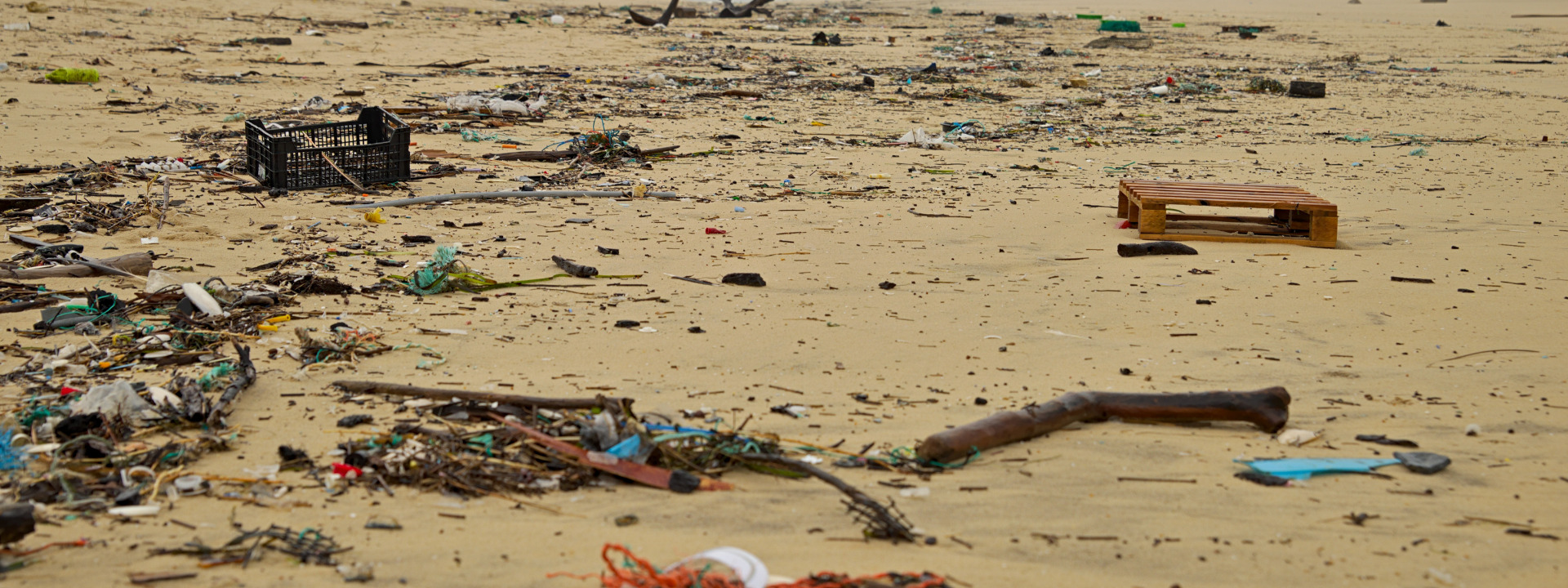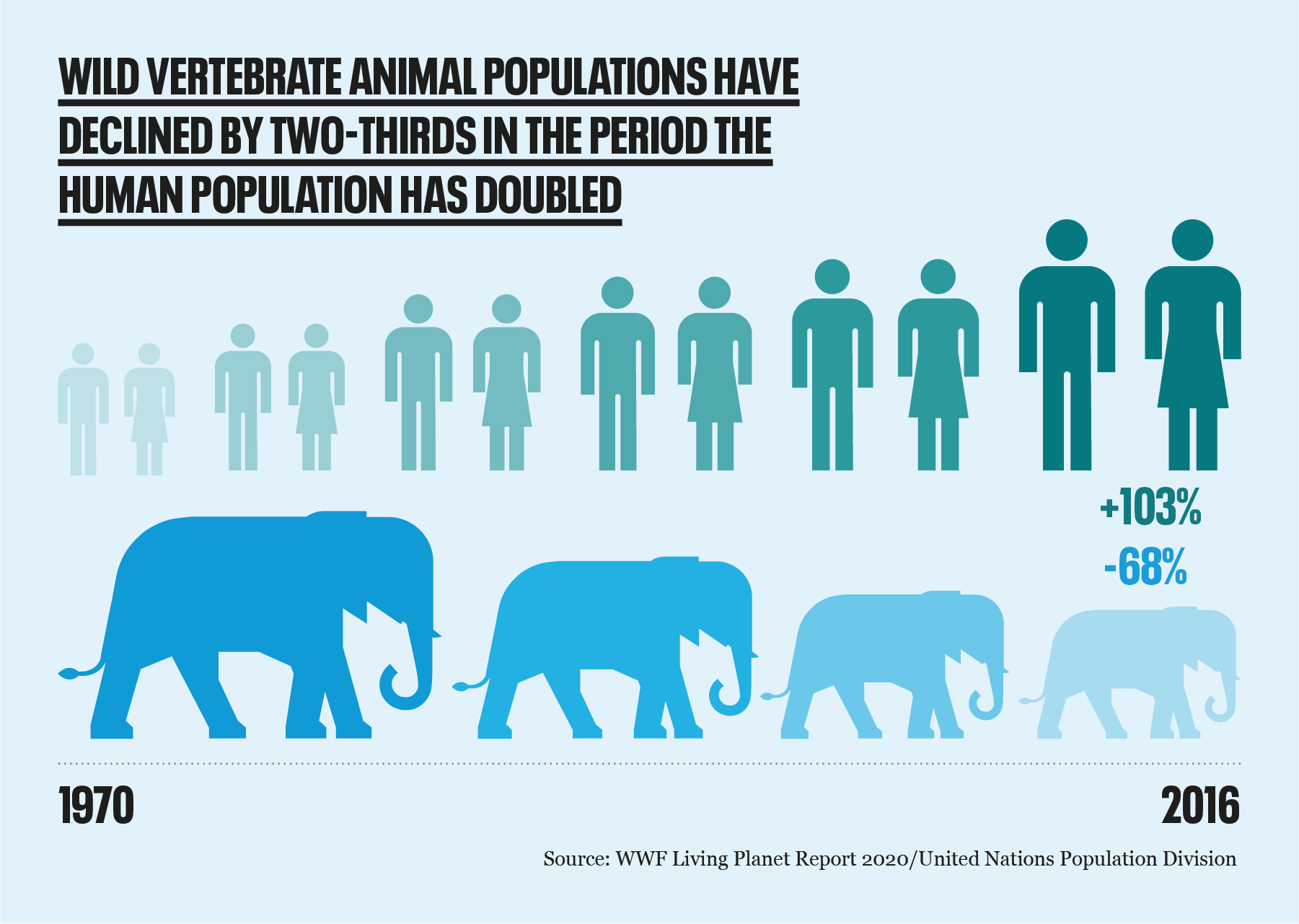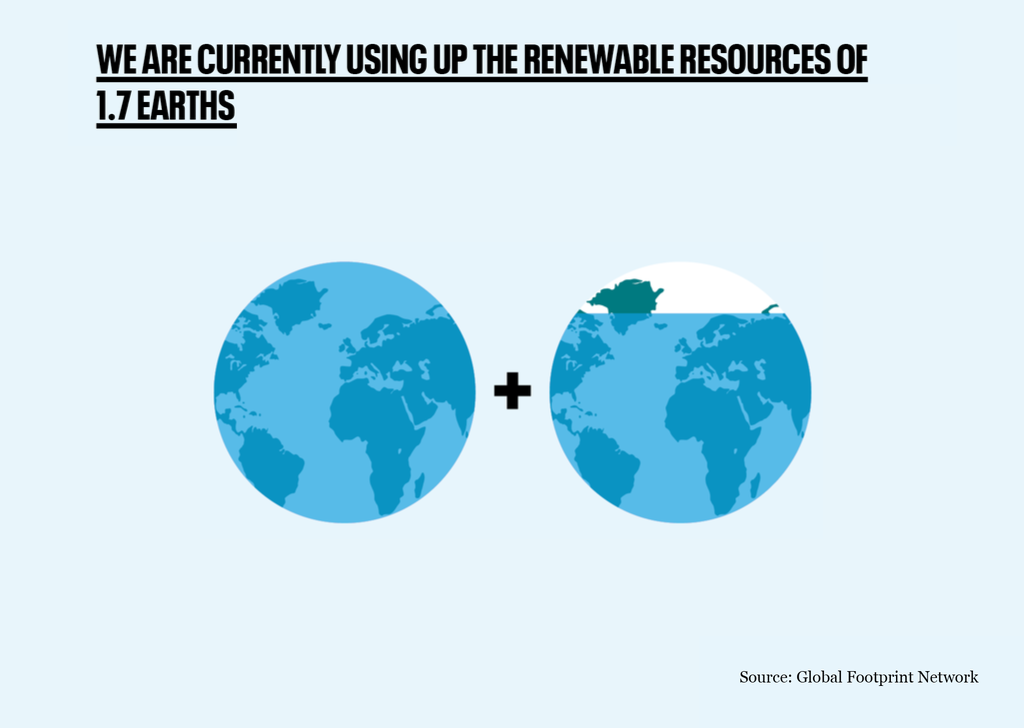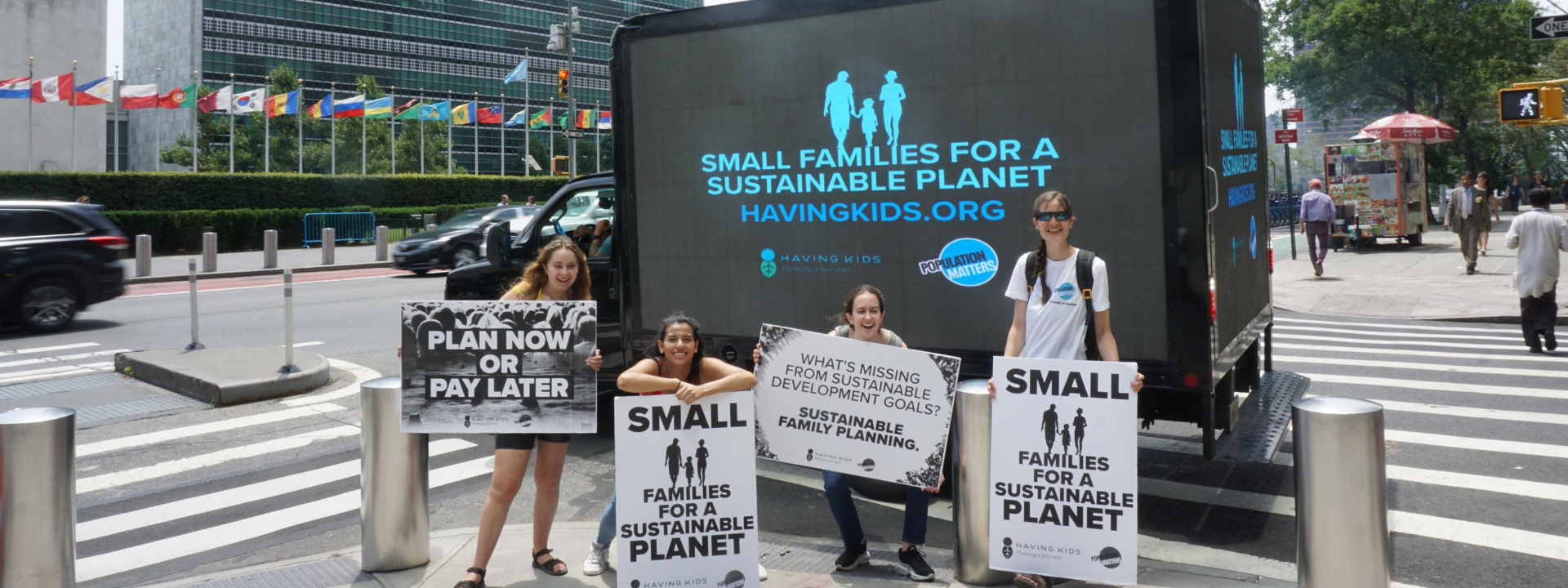
Humanity headed towards ‘ghastly future’: Urgent warning from top scientists
An important new study warns that the world is failing to grasp the gravity of our environmental crises, and that without urgent action on the underlying causes, population and consumption growth, we face a “ghastly future” of catastrophic mass extinction, climate disruption, and human suffering.

The paper, published in Frontiers in Conservation Science by Corey Bradshaw, Population Matters Patron Paul Ehrlich and 15 other leading scientists, summarises more than 150 major studies on the state of our planet and cautions that future environmental conditions are predicted to be far worse than what is generally believed.
In an article for The Conversation, the authors state:
The problems, all tied to human consumption and population growth, will almost certainly worsen over coming decades. The damage will be felt for centuries and threatens the survival of all species, including our own.
Environmental collapse
The paper points out the clear evidence that we are in the midst of a sixth mass extinction driven by human activity, dubbed the Anthropocene:
- We have damaged three-quarters of land areas and two-thirds of marine environments, and we have lost 85% of wetlands in 300 years
- An estimated 1 million species are now threatened with extinction and there were 1,300 documented extinctions in the last 500 years, with many more going unrecorded
- We have destroyed 68% of vertebrate wildlife populations since 1970
- The global weight of plants has halved since the agricultural revolution 11,000 years ago
- Livestock now makes up 60% of mammalian biomass, followed by humans at 36% and only 4% wild mammals
World leaders’ failure to acknowledge this crisis was made evident in the 2020 progress report of the UN Convention on Biological Diversity, which revealed that not a single one of its targets set in 2010 has been met.
We are not averting disastrous climate change either. If implemented, the current pledges made under the Paris Agreement still put us on track to between 2.6 and 3.1°C of warming. Although public awareness of the climate crisis is better than awareness of the biodiversity crisis, political ambition, let alone action, is a far cry from what is needed.


Humanitarian crises
Wild species are not alone in paying the price for our obsession with “growth at all costs”. We depend on healthy ecosystems for our food, clean water, breathable air, and more. The study stresses that our astronomical and growing population – which has doubled since 1970 to 7.8 billion today, coupled with increasing consumption (driven in large part by a rapidly expanding middle class), is outstripping our planet’s ability to sustain resources. Without radical change, we can expect a worsening global hunger crisis, environmental toxification, more pandemics and conflicts, increased poverty and deteriorating infrastructure and governance. We are essentially sliding backwards on many of the UN’s Sustainable Development Goals.
Why does no one seem to care?
There are several reasons why people underestimate the seriousness of our situation, according to the authors. Firstly, governments have an unfortunate track record of ignoring, downplaying and even rejecting alarming scientific evidence. Second, as academics tend to specialise on one particular topic, many are unfamiliar with the extent and interconnectedness of our planetary crises and solutions, so the information that does get through to policymakers and wider audiences is incomplete. The authors also note our tendency to think that bad things only happen to other people, known as optimism bias, and lastly, there is a dangerous new trend of dismissing environmental concern as radicalism, fuelled by a worrying surge in right-wing populism in recent years.
Exiting overshoot
This is not the first scientific warning ringing the alarm bells and calling for urgent transformative change. It is truly high-time to “listen to the science” and for the international community to come together to re-route towards a less ghastly future. The authors list the following key solutions:
- End the pursuit of endless economic growth
- Price products and activities according to the true cost of the environmental damage they inflict
- Stop using fossil fuels
- Limit big corporations’ power
- Empower women, including through full access to quality education and family planning
As the paper states, these actions must urgently be viewed for what they are – self-preservation and not political ideology:
The predominant paradigm is still one of pegging “environment” against “economy”; yet in reality, the choice is between exiting overshoot by design or disaster—because exiting overshoot is inevitable one way or another.
Leading the way
The paper mentions Population Matters as one of the key organisations that focus on these urgently needed solutions and their implementation:
The remaining questions are less about what to do, and more about how, stimulating the genesis of many organizations devoted to these pursuits (e.g., ipbes.org, goodanthropocenes.net, overshootday.org, mahb.stanford.edu, populationmatters.org, clubofrome.org, steadystate.org, to name a few).
The recognition of the true state of our planet and what needs to change should not be restricted to a few groups – help grow the movement for a better future for people and planet by joining us today!
Become a member

Population Matters is one of few crucial organisations that speak honestly about human population pressure, recognise the interconnectedness of environmental and social issues, and promote the neglected yet globally beneficial solutions that are required to turn the tide. Join us today!



